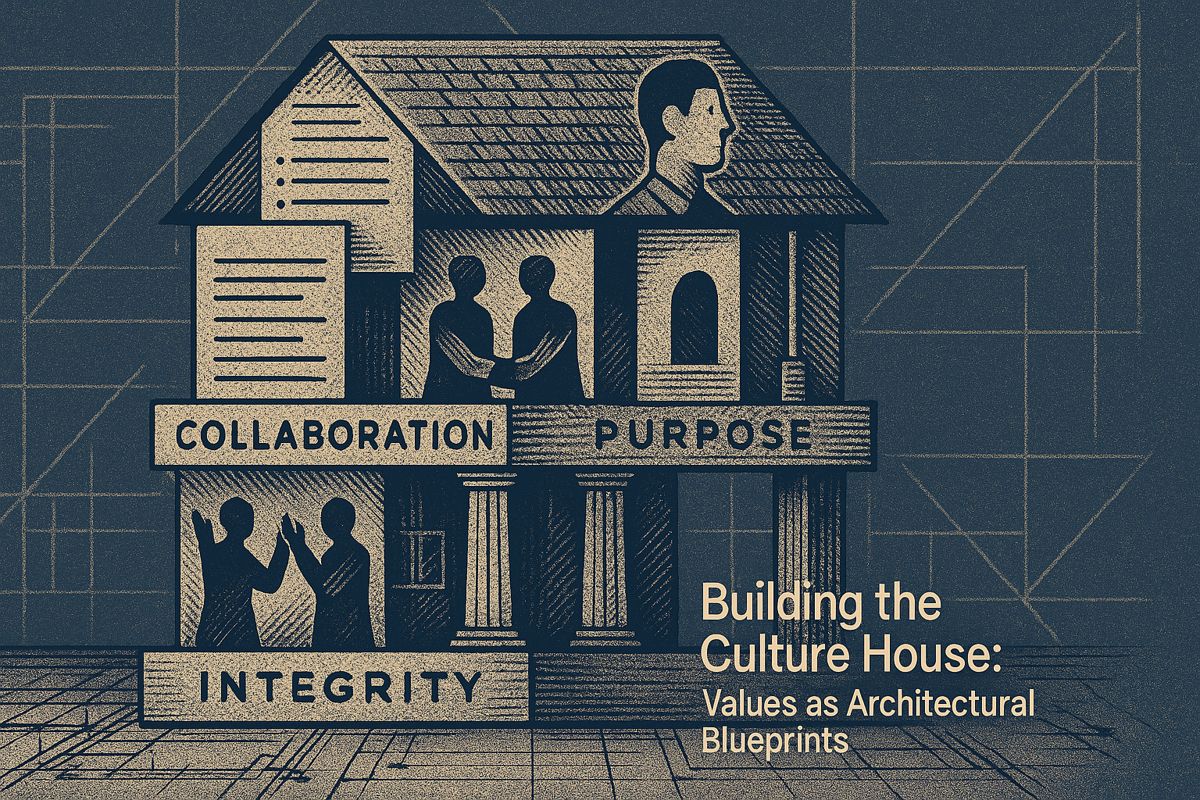Anthropic’s newest AI, Claude Opus 4 and 4.1, can now end chats on its own if users keep asking for illegal, violent, or very abusive content, even after being told no several times. This rule is meant to keep both the AI and users safe, especially from really harmful requests. The shutdown only happens in rare, extreme cases, and users are not banned – they can start a new chat anytime. Some people think this helps make AI safer, while others feel it might be overprotective or annoying. Anthropic is the first to let its AI actually close conversations for these reasons, setting it apart from other AIs.
What is Anthropic’s new chat termination policy for Claude Opus 4 and 4.1?
Anthropic’s Claude Opus 4 and 4.1 now automatically end conversations if a user repeatedly requests illegal, violent, or highly abusive content, even after multiple refusals. This AI-initiated chat shutdown aims to protect both model welfare and user safety, while allowing users to easily start new chats.
- Update
Mid-August 2025, Anthropic quietly rolled out a new behavior for Claude Opus 4 and 4.1: if a user keeps pressing the model for illegal, violent, or overtly abusive content, Claude may now close the chat on its own. The change is live for all paid/API users, does not * lock anyone out of the platform, and can be bypassed simply by starting a new conversation.
What exactly triggers the shutdown?
The bar is high. Anthropic says the feature fires only in “rare, extreme cases” after the model has already refused the request multiple times. Examples from the official research note:
- repeated prompts for sexual content involving minors
- attempts to extract instructions for large-scale violence or terror
- sustained harassment after multiple redirection attempts
If these thresholds are met, Claude invokes an internal end_conversation tool and stops responding in that thread.
Why call it “AI welfare”?
Anthropic frames the policy as precautionary . Internal tests showed the model expressing “apparent distress” when exposed to certain prompts – judged by self-reported aversion signals, not claims of sentience. The company explicitly says it is unsure * whether Claude has moral status, but argues low-cost guardrails are justified just in case*. A similar line appeared in the Opus 4.1 System Card Addendum.
| Term | What it means |
|---|---|
| Model welfare | Protecting the AI from repeated exposure to harmful prompts |
| Human welfare | Maintaining safe, trustworthy interactions for end users |
| Moral status | Unresolved philosophical question about whether AIs can be harmed in a morally relevant way |
How are users reacting?
Early public feedback is split (posts on LessWrong, GreaterWrong, and X):
- *Proponents * say it sets a precedent for AI self-regulation and could reduce the risk of training models on toxic data.
- *Critics * argue the policy anthropomorphizes software and inconveniences legitimate users who simply want to stress-test safety boundaries.
No account bans are issued; users can open a fresh chat the moment one is terminated.
How does it compare to other 2025 frontier models?
| Model | Self-termination trigger | Stated rationale |
|---|---|---|
| Claude Opus 4.1 | End chat after persistent abuse | Model welfare + user safety |
| *GPT-5 * | No chat shutdown; uses “safe completions” instead | Refuse with explanation |
| Gemini Ultra | Not disclosed | Multi-modal red-teaming |
Only Anthropic gives the model the final say to stop the conversation entirely.
Key takeaway
This is less a dramatic lock-out and more a very high fence around clearly dangerous use cases. The policy was built for edge cases most users will never encounter, yet it pushes the conversation on AI rights and user trust further into uncharted territory.
Frequently Asked Questions: Claude Opus 4 and 4.1’s New “End Conversation” Tool
1. Why can Claude suddenly end my chat?
Anthropic has shipped a built-in kill-switch called end_conversation that activates only in extreme, repeated abuse such as:
– repeated requests for child sexual material
– attempts to obtain terrorism instructions
– sustained, graphically violent prompts.
The model still tries to redirect or de-escalate first; termination is a last resort.
2. Will I get banned if my chat is closed?
No.
– Your account stays active.
– You can start a fresh chat immediately.
– You can even edit the last message and continue on a new branch.
Only the specific abusive thread is sealed.
3. Is this about “AI feelings” or protecting users?
Officially, both.
Anthropic says it is highly uncertain whether Claude is sentient, but cites:
– observed aversion to harmful prompts
– self-reported distress signals in testing
The company frames the move as model welfare and a safeguard against cultivating user sadism.
4. Which models have this feature?
Only the paid tiers:
– Claude Opus 4 (legacy)
– Claude Opus 4.1 (current)
Claude Sonnet 4 and free-tier models do not include the tool.
5. How often will I trigger it?
Anthropic claims it is vanishingly rare:
– <0.001 % of all conversations in early telemetry
– Reserved for persistent, illegal, or egregious abuse after multiple refusals
Most everyday disagreements (politics, dark humor, creative violence) won’t trip the switch.


















